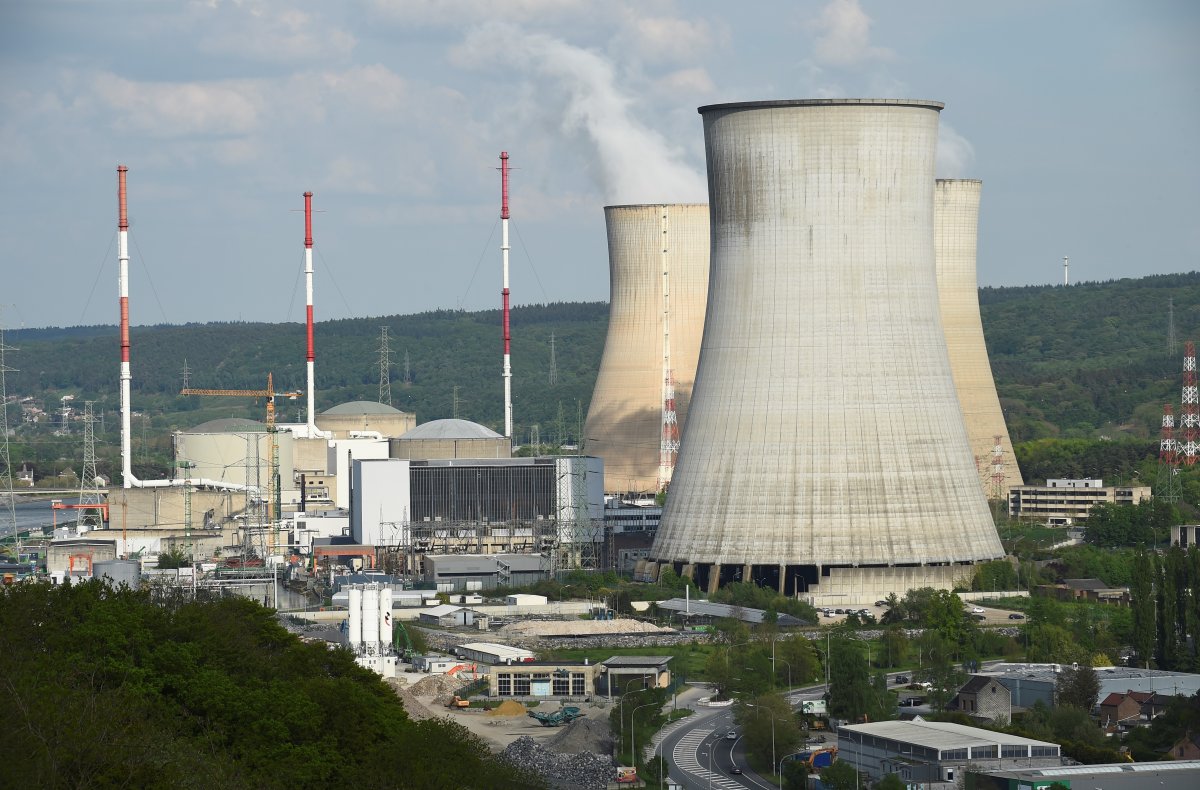A German city near the border of Belgium is preparing for the worst: a nuclear fallout.

Officials in Aachen are getting ready to hand out potassium iodine pills in case of an accident at a nuclear power plant that sits across the border.
The Tihange power plant, which sits across the border in Belgium, is less than 70 kilometres away from the town. According to Deutsche Welle, Germany’s international broadcaster, a recent inspection using ultrasound technology has found 70 new micro-cracks in the aging reactor.
Belgian officials say there’s no indication that radiation could leak out, but there have been shutdowns because of the micro-cracks at Tihange and at Belgium’s other plant, Doel.
“For more than two years we’ve been worried about the reactor cracks getting bigger — the population has been very worried,” Rita Klösges, acting spokesperson for the Aachen municipality, told the BBC.
“We had talks repeatedly with Belgium about this — the mayor of Aachen was involved too. But we didn’t get them to shut down the reactors.”
In June this year, residents formed human chains to protest the continued use of the power plants,
Residents in the town and surrounding areas can register for coupons to get iodine tablets starting Friday, the BBC reports. That amounts to about 500,000 people.
Each person can get a pack of six pills; the average initial dose for an adult under 46 years old is two pills. The pills are not recommended for people over 46 years of age because of complications.

Normally, pills are only handed out in the event of a disaster, but Neutsche Welle reports that the city of Aachen realized it wouldn’t have enough time to distribute them once a disaster occurs.
“That’s how we had the idea of supplying a large part of the population with iodine tablets in advance,” Markus Kremer, Aachen city spokesperson, told Deutsche Welle.
“In everything we’ve done so far, we’ve tried to find a sensible way of communicating the necessary information. On the one hand, there is absolutely no point in people panicking, but we also don’t want to downplay the risks.”
Germany wants to shut down all its nuclear reactors by 2022. Belgium is planning to shut down Tihange by 2023, the BBC reports, with the rest of the reactors closing by 2025.





Comments